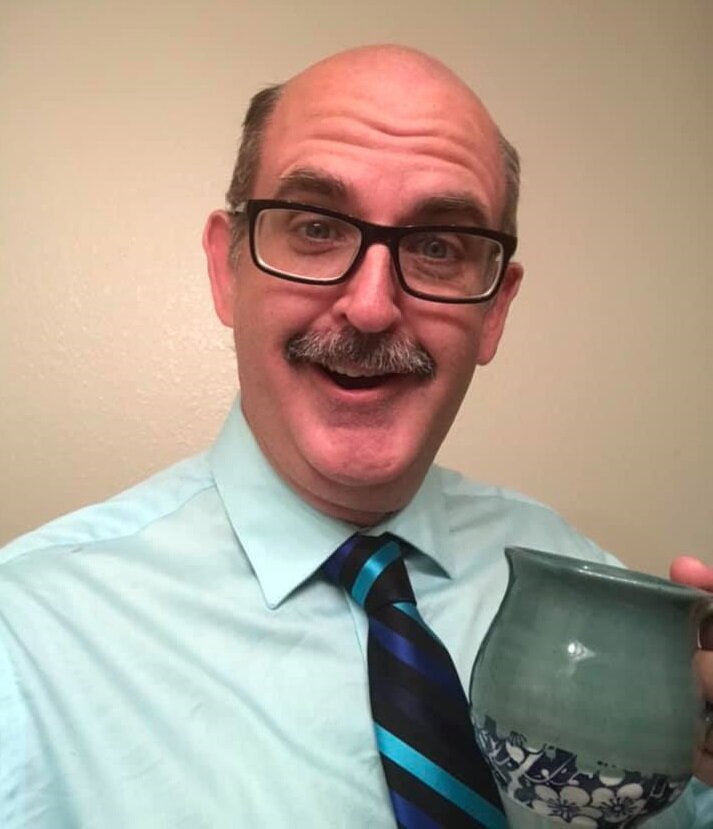Platitudes in the Age of Existential Terror
I'm listening to Radiolab's meditation on biology vs. free will. It's the story of a man who, after brain surgery to remove part of his brain to alleviate epileptic seizures, finds himself engaging in behaviors that are appalling, even to himself. They talk to a neuroscientist who extrapolates it all the way out from a person with a damaged frontal lobe cannot be considered responsible for his behaviors, to no person can be considered responsible for his behaviors because of a complex interplay of infinite biological variables that produce those behaviors. The neuroscientist himself acknowledges that he is a hypocrite for believing on an intellectual level that this is absolutely true while knowing that such a worldview is completely unworkable.
All of this matters to me as I continue to contemplate fear, and behavioral change, and how exactly one goes from wanting to be different to actually changing. Knowing there's a problem isn't enough. Wanting to change the problem isn't enough. There's another intangible level where desire becomes action. What is that intangible?
I don't know.
My life has been profoundly changed by platitudes. Be kind. Don't let fear stop you. Be yourself. Tell the truth. Make your health a priority. Dance like nobody's watching. Things we all know at some level are true. Words that have lost their power because they're so worn out from overuse. Things we all say and hear but often don't actually apply broadly to our lives. Words that I perceive, but do not know for sure, have resonance for a decreasing segment of the world population.
The greatest, most sustainable happiness of my life has come from trying to live by silly clichés.
I'm lucky to have lived in a time and place and body where these were my concerns: how to be mildly useful and minimally destructive. How to be happy when often the barriers to my happiness are mostly the sheer abundance surrounding me: too much food, too much indulgence, too much free time, too much opportunity to make self-destructive choices. And I wonder: what will life be like when the abundance runs out? I don't know how it will happen, but by all reasonable predictions, this kind of abundance is not sustainable. Will the oil run out? Will polar ice melt and flood us all out? Will it be droughts and deserts, or nuclear annihilation, or a concentration of wealth in so few hands that the rest of us die from poverty and disease? Concentration camps and executions? Probably not zombies.
When the end of the world comes, or the end of the world for the likes of me, anyway, how much value will there be in self-awareness and secular spiritual enlightenment?
Ah, well. What else can I do but live in the moment?







